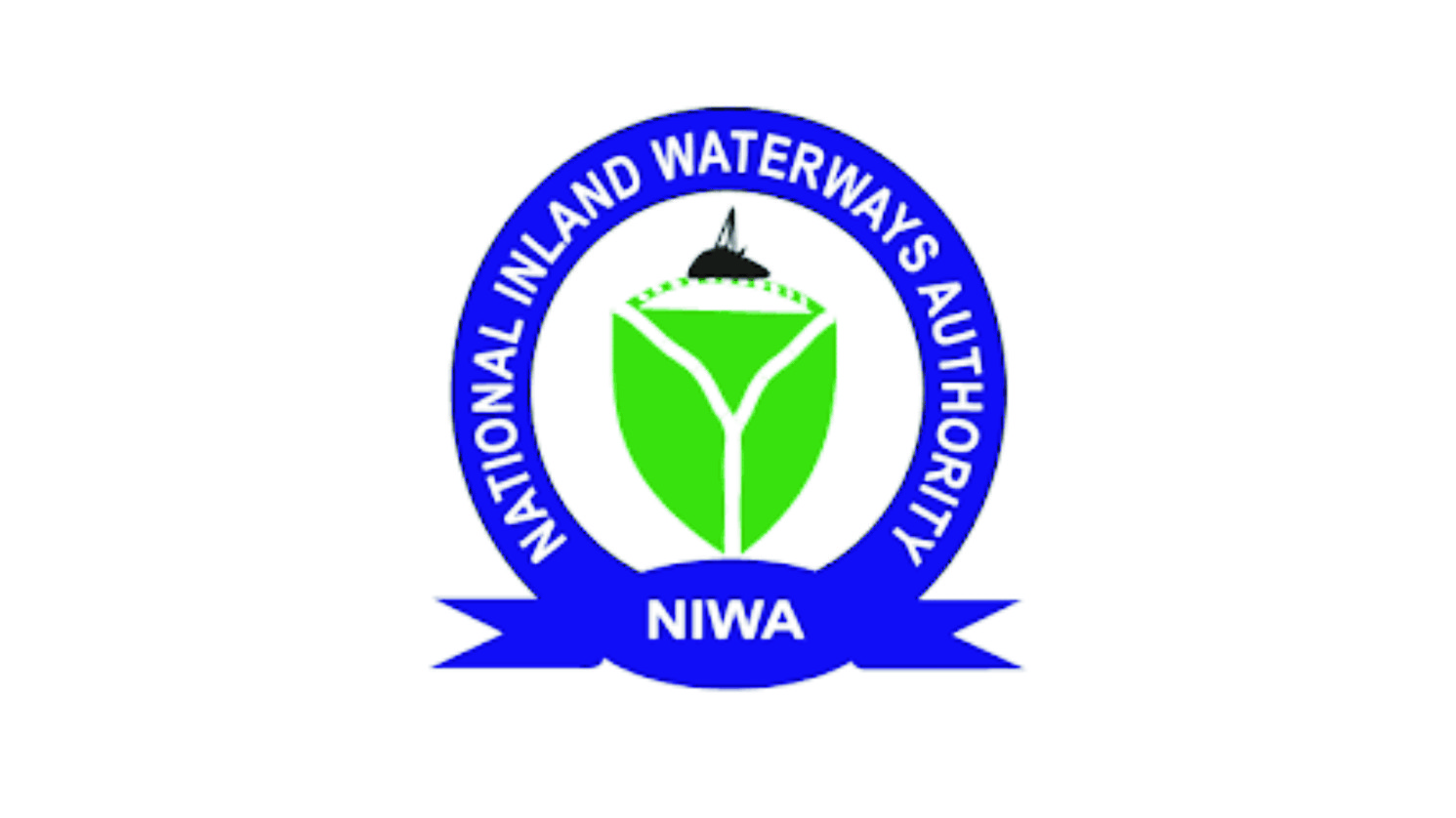Business
Pension Funds Reduce In Value By 45%

Owing to the devaluation of the Naira, the value of pension funds has declined by 45.18 per cent when valued in dollars.
Data obtained from the National Pension Commission’s website (PenCom web) showed that the net asset value of pension funds stood at N17.35tn as at September, amounting to $19.83bn, using the official exchange rate of 874.71/$ as at Thursday.
Before the devaluation of the naira in mid-June, when the Central Bank of Nigeria (CBN) tried to unify the country’s exchange rates, the pension funds were valued at N16.76tn in June, and worth $36.17bn in dollar term, using the exchange of 463.38/$ on June 9.
A memo from the apex bank dated June 14, 2023, which was signed by Director of Financial Markets, Angela Sere-Ejembi, disclosed the collapse of the segments of the foreign exchange market into the Investors and Exporters window, which was subsequently renamed the Nigerian Autonomous Foreign Exchange Rate Fixing window.
Since the harmonisation, the local currency has been struggling against the dollar, despite the government’s efforts to strengthen it, and in an attempt to raise investors’ confidence, the CBN this month began to clear forex backlogs in banks.
The harmonisation of the forex rate was a fallout of President Bola Tinubu’s inauguration speech, where he urged the CBN to unify the country’s exchange rate.
The value of the pension funds has also been eroded by the accelerating inflation in the country, which stood at 22.79 per cent in June but has soared to 26.72 per cent in September.
In a chat with The Tide’s source, the Head of the Corporate Communications Department, PenCom, Abdulqadir Dahiru, said the devaluation of Nigeria affected not only pension funds but had a wider effect on the economy.
Speaking on what PenCom was doing to hedge against the microeconomic headwinds, Head of Corporate Communications Department, Abdulqadir Dahiru, said Naira devaluation did not just affect pension funds alone, but affected everybody, and that it is a twin thing, having inflation and devaluation.
“So, anybody who has money in the bank can tell you what inflation has done to his money. It reduces the value of the currency because then you need more of that currency to buy the same amount of the goods and services.
“We have what we call fixed-income and variable-income instruments.
“The variable income instruments are the ones whose prices cannot be determined because every time you go to the market, their prices are determined by the demands and stock. But when you invest in shares, the price you pay for those shares will go up or down depending on market forces.
“With variable income instruments, their return on investment is inflation-adjusted. Because PFAs invest in securities, in alternative investment assets such as infrastructure funds, such as private equity, such as real estate investment trusts, so already you have some inflation-hedging investments within the portfolio”, he explained.
The pension funds according to him, are one of the biggest players in Nigeria’s capital market.
By: Corlins Walter
Continue Reading
Business
NIMASA Commits To Creating Enabling Environment For Maritime Business

The Nigerian Maritime Administration and Safety Agency (NIMASA) has affirmed that it is taking strategic steps to enhance local participation and encourage investment in the maritime sector under the supervision of the Ministry of Marine and Blue Economy.
The Director General of NIMASA, Dr. Dayo Mobereola, who disclosed this recently while receiving the Executive Members of the Nigerian Merchant Navy Officers and Water Transport Senior Staff Association, reaffirmed the Agency’s commitment to fostering a level playing field and creating an enabling environment for businesses in Nigeria’s maritime sector.
Dr. Mobereola revealed that NIMASA is deepening its collaboration with the Nigerian Content Development and Monitoring Board (NCDMB) to explore policies that will boost indigenous involvement and strengthen Nigeria’s maritime sector.
“The Honourable Minister of Marine and Blue Economy is committed to encouraging indigenous players to invest more in Nigeria’s maritime industry. Issues such as national carriers and trade terms remain top priorities under this administration.
“Our focus is to create an enabling environment where private investors can thrive. In this regard, we have initiated discussions with the NCDMB and NNPC Limited to address these critical matters”, he stated.
He said NIMASA remains committed to fostering strategic partnerships that will enhance local investment, create jobs, and drive sustainable growth in the maritime sector.
In response, Comrade John Aleakhue Okpono, Secretary General of the Merchant Navy Officers and Water Transport Senior Staff Association, emphasized the need for closer collaboration between NIMASA and the Merchant Navy.
He also urged the Agency to review waiver clauses to ensure more opportunities for Nigerian seafarers.
Stories by Nkpemenyie Mcdominic, Lagos
Business
FG Inaugurates Special Committee Against Boat Accident

Towards enhancing safety on Nigeria’s inland waterways, the Federal Government, through the Minister of Marine and Blue Economy, Adegboyega Oyetola, has inaugurated a Special Committee on the Prevention of Boat Mishaps in Nigeria.
According to a statement on by the spokesman, National Inland Waterways Authority (NIWA), Suleiman Makama, the event, which was held at the Ministry’s Conference Room in Abuja, confirmed crucial steps taken to address the recurring challenges of boat accidents across the country.
In his address, the Honourable Minister emphasized the urgent need to stem the tide of tragic boat mishaps, which have resulted in significant loss of lives and properties.
He described the country’s waterways as vital to commerce, transportation, and livelihoods, stressing that their safety and efficiency are paramount to the development of Nigeria’s blue economy.
He noted that the establishment of this committee aligns with the 2024 International World Maritime Day theme, “Navigating the Future: Safety First”.
“The task before us is daunting, but with unwavering commitment, we can eliminate boat mishaps and ensure that our waterways remain safe, navigable, and prosperous for generations to come”, Oyetola stated.
The committee comprises key stakeholders, including state government representatives, the Association of Boat Operators in Nigeria, marine safety experts, and academics.
It will be chaired by the Managing Director of the National Inland Waterways Authority (NIWA), Mr. Bola Oyebamiji, while Mr. Adams Offie, Deputy Director of Inland Waterways at the Ministry, will serve as Secretary.
The committee is tasked with conducting an in-depth review of commercial boat operations in Nigeria, identifying the root causes of boat mishaps, and proposing sustainable solutions.
In his acceptance speech on behalf of the committee, Oyebamiji assured the Minister on the dedication of members to deliver on the assignment.
He emphasized that safety on Nigeria’s inland waterways is non-negotiable, adding that NIWA, under the leadership of the Honourable Minister, has been refocused to uphold its mandate without compromise.
Acknowledging the Honourable Minister of Marine and Blue Economy for his proactive leadership, Oyebamiji noted that the establishment of the committee represents a critical step in addressing the persistent safety challenges in inland water transport.
“This is another solution-driven initiative aimed at eliminating boat mishaps on our waterways. I assure you that the confidence reposed in this committee will not be misplaced.
“At NIWA, this is an opportunity for us to intensify our efforts in reducing marine accidents to the barest minimum. On behalf of my fellow committee members, we pledge to work diligently and with utmost focus on the assigned terms of reference.
“Safety on our inland waterways is non-negotiable. NIWA has been refocused to ensure the highest safety standards, and this committee will work diligently to address the causes of boat mishaps and find lasting solutions,” Oyebamiji said.
The committee has been tasked with evaluating the root causes of boat accidents and recommending lasting solutions to enhance safety and operational standards.
Business
LASG Arrests Illegal Dredgers … Issues Stop Work Order
The Lagos State Government, through the Ministry of Waterfront Infrastructure Development, has launched a massive clampdown on illegal dredgers operating in the State, ordering them to stop work immediately.
This exercise, which was carried out by the officials of the Ministry of Waterfront Infrastructure Development, is aimed at curbing environmental degradation and promoting sustainable development across the waterfront schemes located across the coastal regions of the metropolis.
According to a statement, the enforcement operation, led by the Commissioner for Waterfront Infrastructure Development, Hon. Ekundayo Alebiosu, alongside members of his team, raided several illegal dredging sites which were subsequently shut down by the officials of the Ministry.
Some suspected dredging operators were arrested and a stop-work order was served on erring dredgers for non-compliance with laid-down regulations of the State Government.
Alebiosu warned the operators that failure to comply with extant laws guiding dredging activities could have dire effects and will result in severe penalties, including total closure of the sites.
Reacting to the claim that Dredgers are the major cause of environmental degradation in the state, including erosion and flooding, the Commissioner emphasised the need for dredging activities to be conducted lawfully to preserve roads, public infrastructure, and wetlands.
He explained that the State Government has vowed to streamline the activities of dredgers in the state to meet acceptable international standards.
“The Lagos State Government’s clampdown on illegal dredgers is a significant step towards protecting the environment and promoting sustainable development in the state.
“We will continue to carry out surveillance and raids across the coastal areas to ensure that the activities of a few don’t impact the lives of law-abiding citizens negatively”, Alebiosu stated.
-

 Niger Delta5 days ago
Niger Delta5 days agoHYPREP Installs ICT Equipment In Secondary Schools
-
Politics5 days ago
Niger Delta Youths Fault S’Court Verdict On Rivers
-
Sports5 days ago
Rivers Hoopers Admit Tough BAL Draw
-
Politics5 days ago
Lagos Assembly Crisis: Rhodes-Vivour Calls For End To “Troubling Pattern”
-
Sports5 days ago
‘I Must Win Trophy Before Retirement’
-
Sports5 days ago
Onyedika Not Sure For Super Eagles W’C Qualifiers
-
Sports5 days ago
Ogba, Others Endorse Niger Delta Sports Festival
-

 News5 days ago
News5 days agoOur Govt’ll Eventually Triumph, Fubara Assures Rivers People …Inaugurates Govt House Staff Quarters

